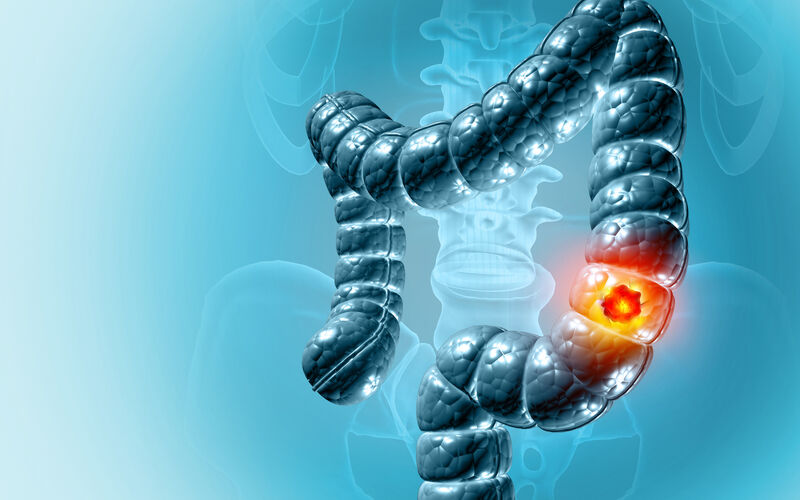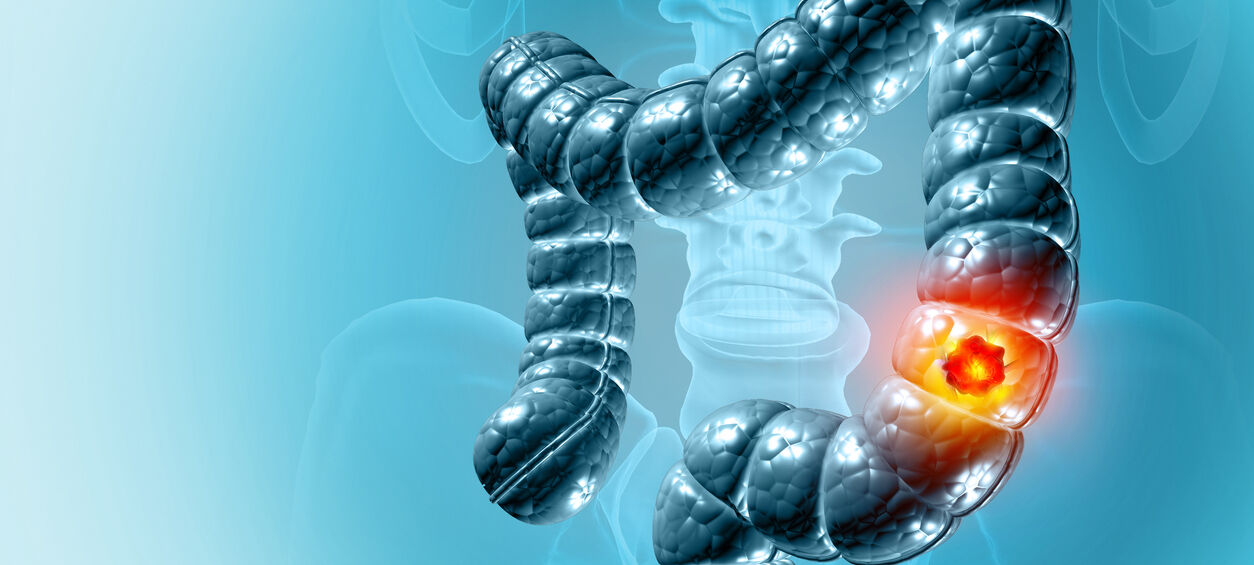Study Looks To Improve Colorectal Cancer Outcomes Using Blood Biomarkers
Throughout cancer treatment, patients have their blood drawn at almost every appointment. What if that blood could help providers predict which patients are at higher risk for disease recurrence?
Jacob Kresovich, PhD, a molecular cancer epidemiologist at Moffitt Cancer Center, and a team of researchers conducted multiple studies on colorectal cancer, analyzing blood DNA methylation biomarkers of recurrence risk and survival.
Methylation is a type of biochemical modification to DNA that can be measured in blood cells to assess multiple immune system characteristics, including cell composition, biological aging and protein expression. These biomarkers can, in turn, show what is happening to a person’s immune system and help predict patient outcomes.

Jacob Kresovich, PhD
“Methylation is a really nice biomarker platform because it’s really flexible,” Kresovich said. “My lab often measures methylation in blood cells, and one of the ways that we do that is by taking a person’s blood sample, which is a mixture of different types of immune cells, then extracting the DNA and measuring where the methylation markers are on their DNA.”
The team looked at data from 137 Moffitt patients involved in the ColoCare trial, a multicenter study of newly diagnosed colorectal cancer patients. Each patient’s blood samples were taken before beginning treatment.
In one study, the researchers examined whether the composition of the circulating immune cells in blood is associated with cancer recurrence and survival risk.
“We tested associations between immune cell composition and recurrence, and we found that certain signatures, like higher circulating proportions of B-memory cells and neutrophils, correlated with an increased risk of colorectal cancer recurrence,” Kresovich said. “Importantly, these associations remained after accounting for known recurrence risk factors, and when we added the immune cells to statistical models of known risk factors, we could better classify high-risk patients.”
Their research suggests that specific leukocyte subsets could be a novel, predictive risk factor for colorectal cancer recurrence. The information from this study shows the immunological changes that happen before disease recurrence, which can help clinicians make better decisions when selecting treatments, dosing and who to screen.
“This study is just one of the studies that we performed that shows how powerful blood methylation is as a biomarker,” Kresovich said. “We also found that higher biological age and altered protein expression were associated with colorectal cancer recurrence risk and survival, but the immune cell analysis stood out among the others for being able to improve recurrence risk prediction.”
Kresovich hopes their findings can provide helpful insights into the correlation between the immune system and cancer.
“I think a lot of great work has been done looking at tumor microenvironment and interactions between immune cells and the tumor,” Kresovich said. “What has really been understudied is what is going on in the peripheral immune system.”
The study will be presented at the American Association for Cancer Research (AACR) annual meeting.




